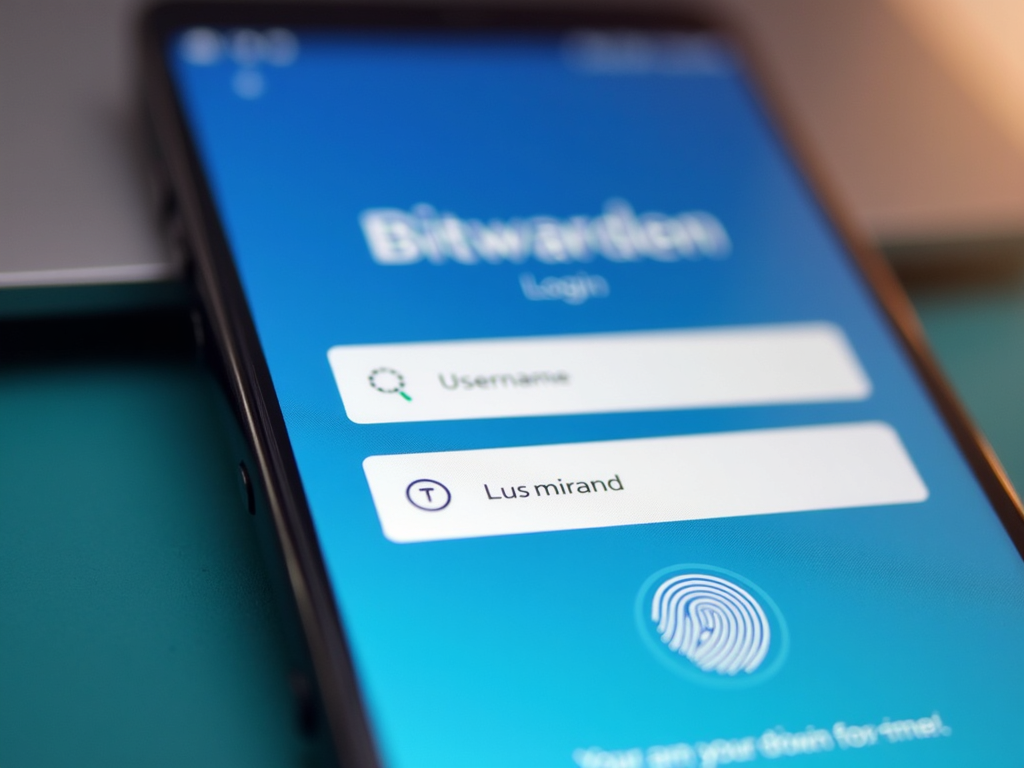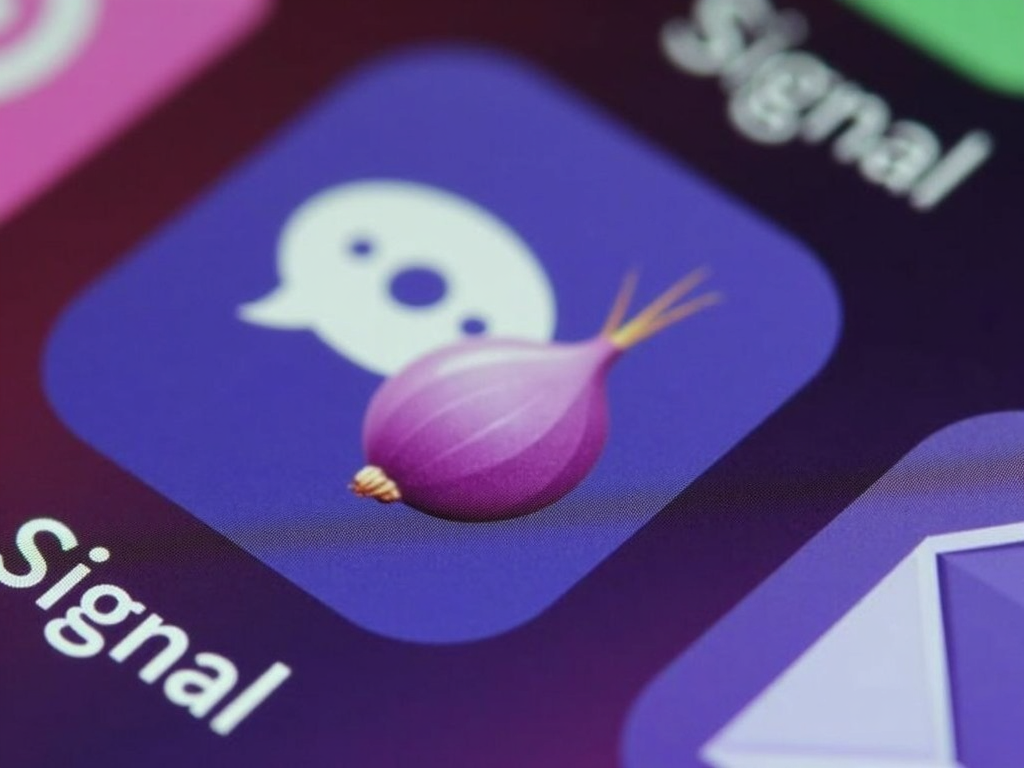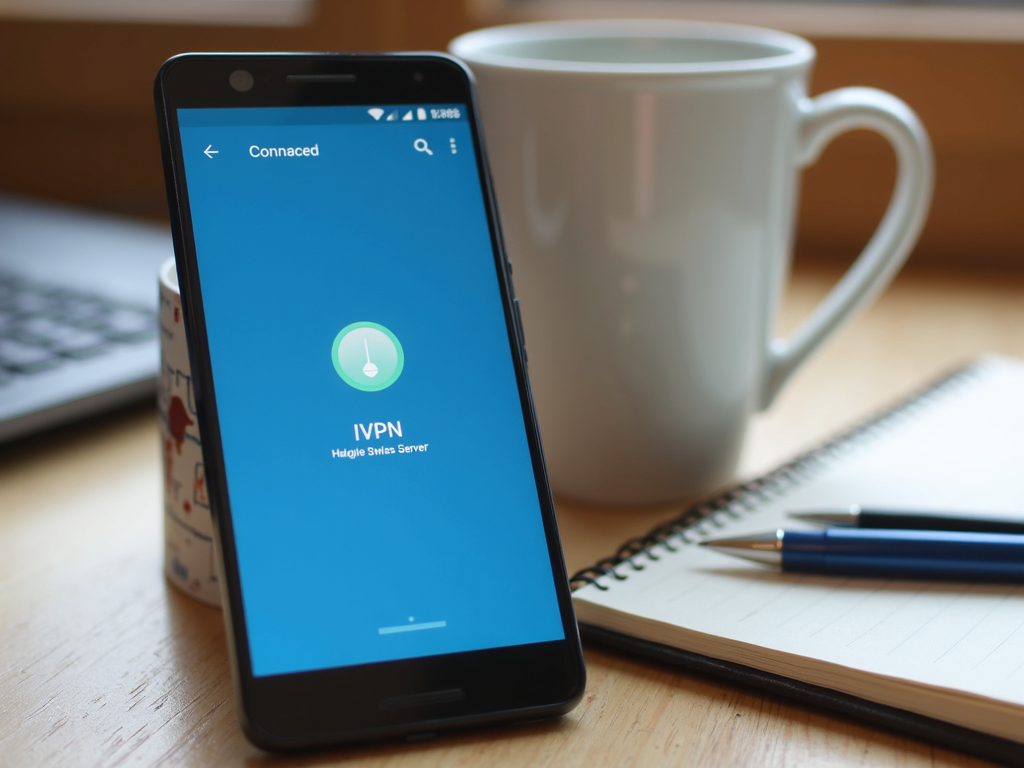How to Configure IVPN on Android for Maximum Privacy
Overview
Your Android device holds a lot of personal info, and keeping it private matters. IVPN is a powerful tool to protect your online activity. This guide shows you how to configure IVPN on Android for maximum privacy, plus tips on password managers and other privacy tools.
Why Choose IVPN for Privacy?
IVPN stands out because it’s built with privacy in mind. It doesn’t track what you do online, unlike some VPNs that keep logs. I’ve used IVPN myself, and I love how it offers extras like multi-hop connections—where your data bounces through two servers—and a firewall to block leaks. These features make it a solid choice for anyone serious about staying private on Android.

How to Configure IVPN on Android for Maximum Privacy
Setting up IVPN is easy, and I’ll walk you through it step by step. Here’s how to get started:
- Download the App
- Head to the Google Play Store and search for IVPN.
-
Tap 'Install' and open the app once it’s ready.
-
Sign Up or Log In
- If you’re new, create an account with your email and a strong password.
-
Already have an account? Just log in.
-
Pick a Server
- IVPN has servers worldwide. For top privacy, I pick places like Switzerland, known for strong privacy laws. Check out this study from MIT on why location matters for VPNs.
-
Want extra security? Turn on multi-hop in the settings to route your data through two servers.
-
Turn On the Kill Switch
- This feature stops your internet if the VPN drops, keeping your data safe.
-
Find it in the app settings and switch it on.
-
Tweak Advanced Settings
- Go to your Android settings and enable 'Always-on VPN' for IVPN. This keeps it running all the time.
- Use split tunneling to pick which apps go through the VPN—I set mine for banking and browsing apps.

My Experience With IVPN
I’ve been using IVPN on my Android for months, and it’s a game-changer. Once, I was on public Wi-Fi at a coffee shop, and the kill switch kicked in when the VPN hiccupped. No data leaked—I checked. It’s moments like that when I feel IVPN is worth every penny.
Picking the Perfect Password Manager for You
A VPN hides your activity, but a password manager protects your accounts. I learned this the hard way after reusing passwords got me hacked years ago. Here’s what to look for:
- Strong Encryption: Keeps your passwords locked tight.
- Two-Factor Authentication: Adds a second step to log in, like a code from your phone.
- Easy Access: Works on Android and syncs across devices.
I recommend Bitwarden, an open-source option that’s free and secure. The Electronic Frontier Foundation also suggests it for its transparency.

Why Password Managers Matter
Without one, you might use weak passwords or repeat them. I used to scribble mine on paper—terrible idea. Now, my password manager generates long, random ones for me. It’s like having a vault for your digital keys, and it pairs perfectly with IVPN for total privacy.
Top Online Privacy Tools for Android Users
IVPN and a password manager are a great start, but more tools can boost your privacy. Here are my favorites:
- Tor Browser: Hides your browsing by bouncing it through multiple servers. It’s slow but super private.
- Signal: Keeps your texts and calls encrypted. I use it to chat with friends who care about privacy too.
- ProtonMail: Sends emails no one but you and the recipient can read.
These online privacy tools work together with IVPN to keep you safe.

How These Tools Helped Me
I started using Signal after a friend warned me about data leaks in regular messaging apps. Pairing it with IVPN feels like locking my digital door and windows. ProtonMail’s encryption also gives me peace of mind for work emails. Together, they’re my privacy toolkit.
Quick Tips for Staying Private
Here’s a handy table to keep your Android secure:
| Action | Tool | Why It Helps |
|---|---|---|
| Hide your IP | IVPN | Stops trackers from following you |
| Secure passwords | Bitwarden | Prevents account hacks |
| Encrypt messages | Signal | Keeps chats private |
| Browse anonymously | Tor Browser | Masks your web activity |
Small steps like these add up to big protection.

Final Thoughts
Privacy isn’t just a buzzword—it’s something you build. Configuring IVPN on Android for maximum privacy takes a few minutes but pays off every time you go online. Add a password manager and tools like Signal, and you’ve got a strong shield against snoops. I’ve shared what works for me, and I hope it helps you too. Stay safe out there!